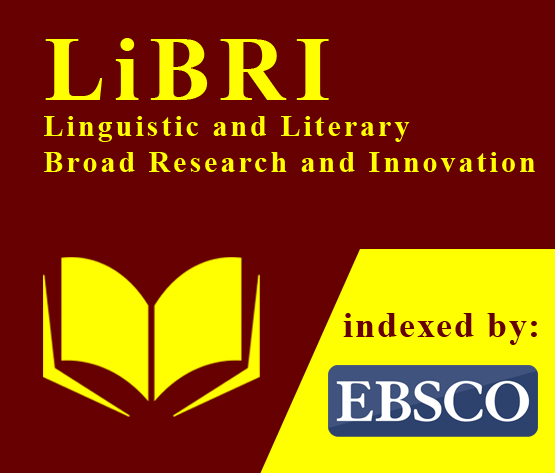The Role of Budget Deficit on Rise in The Inflation Rate in Non-Ricardian Fiscal Policies: An Approach of Time-Varying Parameters Model
Abstract
Fiscal Theory of the Price Level emphasizes the monetary policy’s effect on public finance. In accordance with non-Ricardian fiscal theory in which fiscal policy is active, the relationship between bugdet deficit and inflation stems from wealth effect in finance of budget deficits. Budget deficits from tax reduction or increase in public expenditures lead to increase individuals’ disposable income. Rising disposable income enhances inflation through domestic demand. The countries with permanent deficits attempt to finance so-called deficits with money creation. This situation cause higher inlation rate.The aim of the study is to execute the role of budget deficit in the determinings of inflation over the periods of 1994Q1-2018Q4.In the study, we used external debt, trade openess, exchange rate and interbank rate as well inflation rate and budget deficit, and utilized from time-varying parameters model. Therefore, fiscal policy effect on achieving price stability was evaluated for each period. In particular, it is seen from the results that budget deficit an indicator of expansionary fiscal policy enhances inflation rate in high inflation periods. However, so-called effect is lower in low inflation periods.
Keywords: Fiscal Policy; Inflation Rate; Time-Varying Parameters Models.








